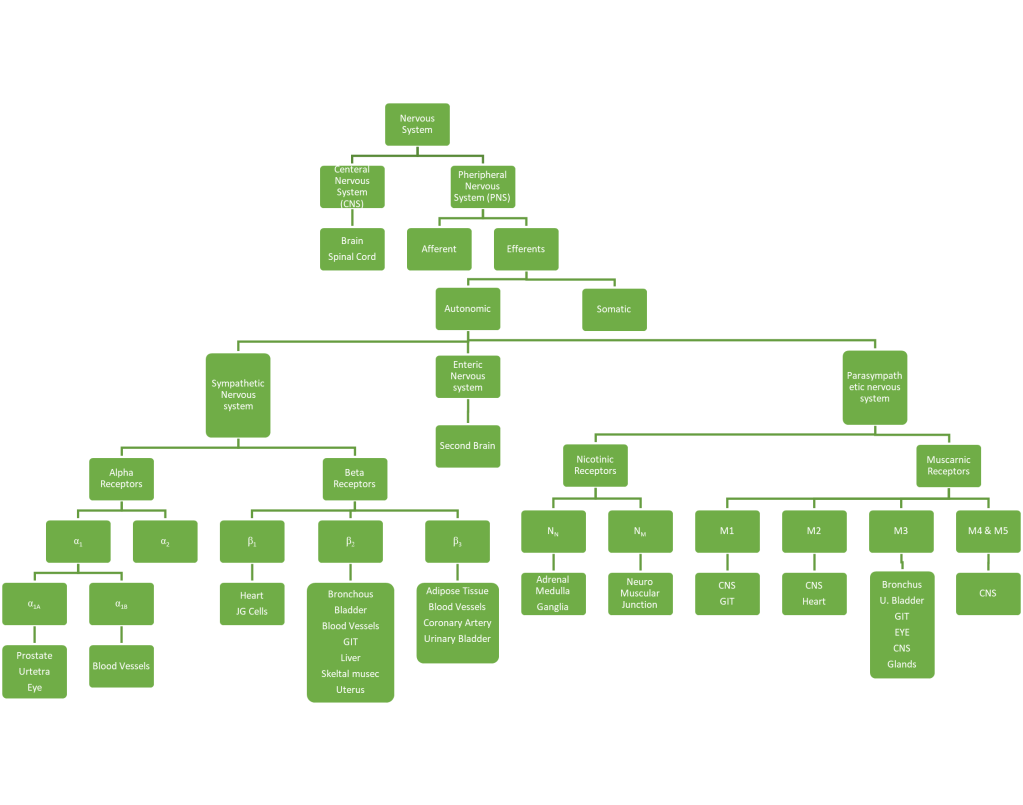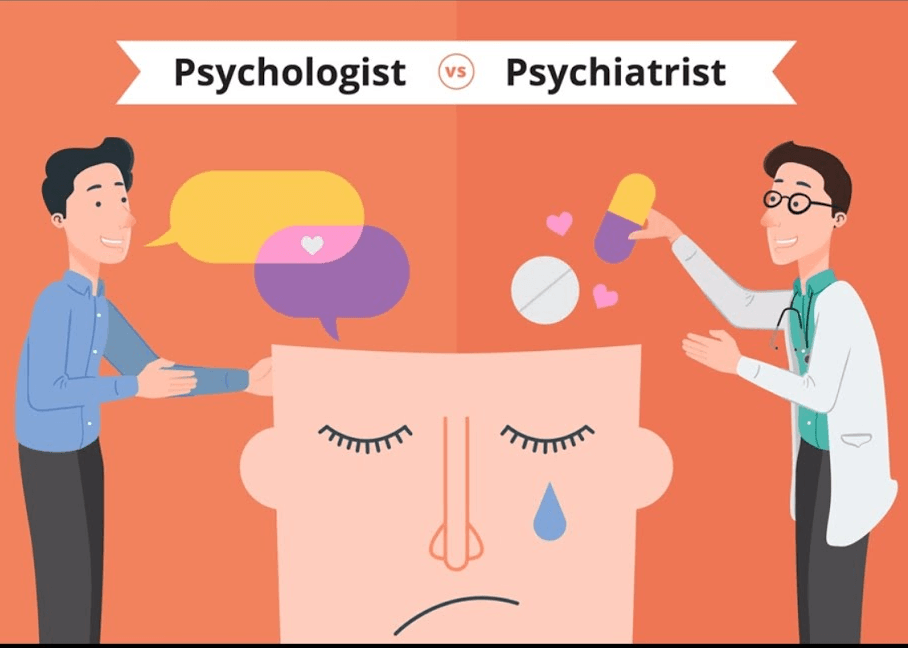Comprehensive Guide to Gout: Clinical Insights Introduction of Gout “Gout is a common and painful form of arthritis characterized by sudden attacks of intense pain, swelling, and redness in the joints. Understanding the causes, symptoms, and management of gout is essential for effective treatment. This guide will explore the key aspects of gout, including its causes, typical symptoms, and the best management strategies to alleviate discomfort and prevent future attacks.” Understanding Gout Gout is a prevalent form of inflammatory arthritis characterized by sudden and severe pain, redness, and swelling in the affected joints. It primarily results from abnormal purine metabolism,
Read More…….Gout Causes Symptoms and Management- A Comprehensive Guide




